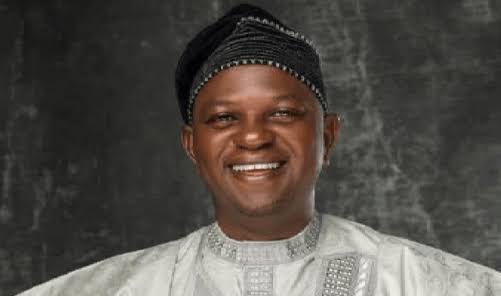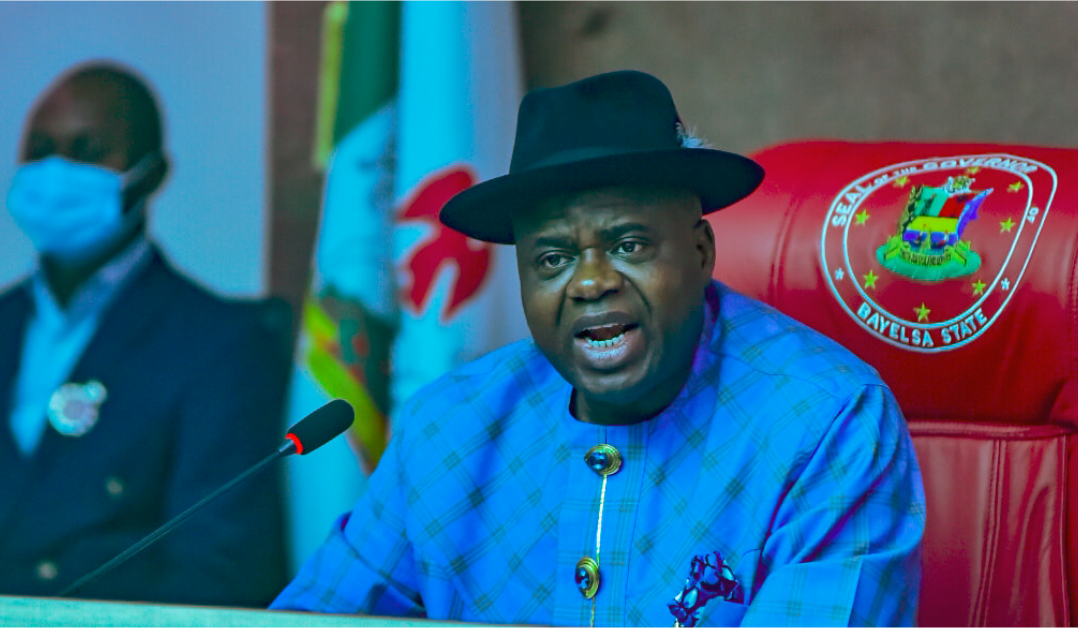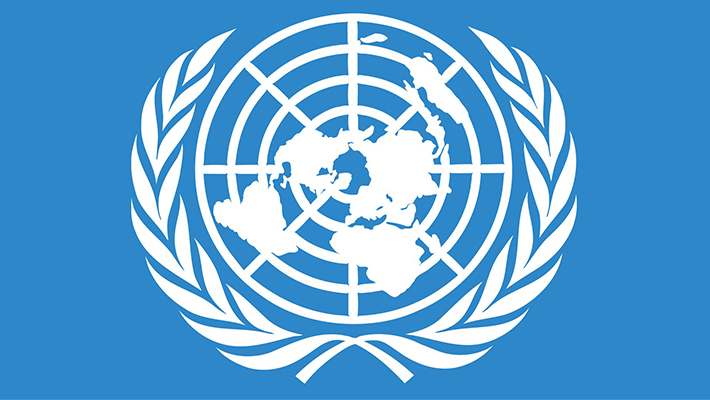WHO suspends Nigeria’s free COVID-19 vaccines over poor electricity supply

The World Health Organisation has suspended Nigeria from the list of recipients for its global COVAX scheme, which provides free coronavirus vaccines to indigent countries.
The global health agency disclosed Thursday that Nigeria fell short of its criteria to benefit from the scheme, which includes the ability to keep the vaccines frozen. Africa’s largest economy would, therefore, not be getting supplies until WHO’s requirements have been fully met to avoid vaccine loss or damages.
Nigerian authorities had been reliant on handouts from the WHO-funded COVAX programme, anticipating the delivery of a shipment of 100,000 Pfizer jabs last month.
Following stalled arrival of the vaccines, administration officials had blamed “politics” and “logistics due to no fault of Nigeria” for the delay.
Humanitarian information portal ReliefWeb reported WHO Regional Director for Africa, Matshidiso Moeti, to have said at a virtual press briefing Thursday that only Cape Verde, Rwanda, South Africa and Tunisia were qualified to take delivery of the inoculation, out of 13 countries that applied from the continent.
Ms. Moeti hinged the suspension of Nigeria and eight other African nations on inadequate storage facilities, which she said, posed a high propensity for wastage of the jabs.
“This vaccine has received WHO Emergency Use Listing but requires countries to be able to store and distribute doses at minus 70 degrees Celsius,” she noted.
The WHO official added: “Regulatory processes, cold chain systems and distribution plans need to be in place to ensure vaccines are safely expedited from ports of entry to delivery. We can’t afford to waste a single dose.”
Nigeria has been grappling with power supply shortages for decades, making it difficult for the country to achieve the regular flow of electricity required to keep the vaccines frozen before being administered.
The President Muhammadu Buhari administration had repeatedly assured that Nigeria had secured adequate storage facilities to preserve the long-expected Pfizer vaccines while describing contrary assertions from medical experts as false.
With the latest announcement by WHO, Nigeria has been left high and dry with no immediate shipment of vaccines expected in the country, despite a frightening surge in COVID-19 infections.
Minister of State for Health, Adeleke Mamora, had recently told Bloomberg that Nigeria was yet to make purchases for COVID-19 vaccines.
Mr. Mamora told the American news media that authorities were still in the process of accessing affordable options, storage and distribution issues.
We have recently deactivated our website's comment provider in favour of other channels of distribution and commentary. We encourage you to join the conversation on our stories via our Facebook, Twitter and other social media pages.
More from Peoples Gazette

Politics
Katsina youths pledge to deliver over 2 million votes to Atiku
“Katsina State is Atiku’s political base because it is his second home.”

World
Papua New Guinea leader takes offence after Biden implies his uncle was eaten by cannibals
“President Biden’s remarks may have been a slip of the tongue.’’

Africa
Group urges Supreme Court to reverse Mali’s junta ban on political activities
It was not clear if the court might consider the appeal.

Agriculture
Kwara receives 330,400 doses of anthrax vaccine to tackle zoonotic diseases
The agriculture minister assured the donors of adequate utilisation of the vaccine.

Agriculture
FG, Borno partner on irrigation projects to boost agriculture
The minister sought collaboration in the Open Defecation Free Nigeria Campaign to improve sanitation nationwide.

Politics
Court dismisses suit seeking Bayelsa governor’s disqualification, awards N500,000 fine
“I am of the view and I do hold that the suit lacks merit.’’

World
UN increase fight against human trafficking
The UNODC noted that combating child trafficking will be a top priority.








